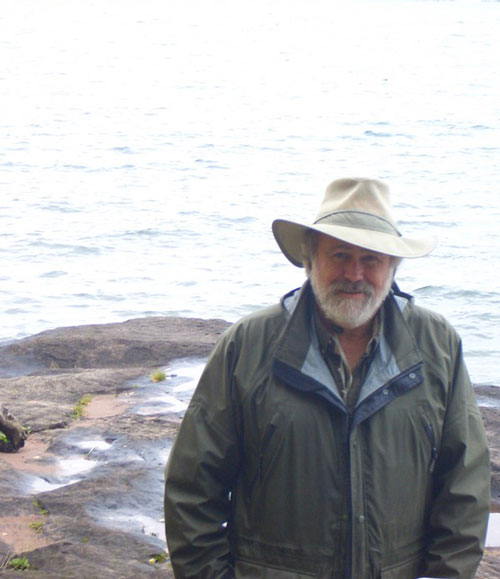Dr. Frederick (Fritz) E. Nelson

- Adjunct Professor
- Geography, Environment, and Spatial Sciences
- 673 Auditorium Road
- Room 116
- 302-740-5150
- fnelson@msu.edu
Areas of study
Permafrost, periglacial and climatic geomorphology, history of cold-regions research.Biography
Frederick “Fritz” Nelson earned B.S. and M.S. degrees from Northern Michigan University and Michigan State University, respectively, and holds one of the last doctorates in geography granted by the University of Michigan. He has held teaching positions at the rank of full Professor at Rutgers University, Cornell University, SUNY-Albany, and the University of Delaware. He has conducted field research in Alaska almost continuously since the late 1970s and has field experience in Siberia, Mongolia, Tibet, and subarctic Canada.
Nelson has served as President of the U.S. Permafrost Association, as a member of the Board of Governors of the Arctic Institute of North America, as Councilor and Vice-President of the American Geographical Society, and as a Councilor of the International Permafrost Association. He has lectured extensively in North America, Europe, and Asia, including invited plenary presentations and public lectures at conferences in China, the United Kingdom, Norway, Russia, Switzerland, Spain, Portugal, and the United States. He was Lead or Contributing Author on several Intergovernmental Panel on Climate Change (IPCC) Assessment Reports, including the 2007 report, the authorship of which collectively shared the Nobel Peace Prize with former U.S. Vice President Al Gore.

